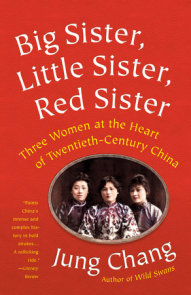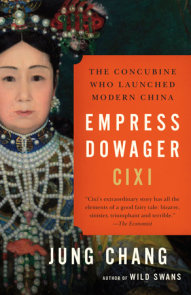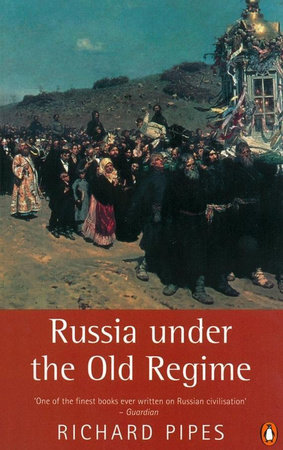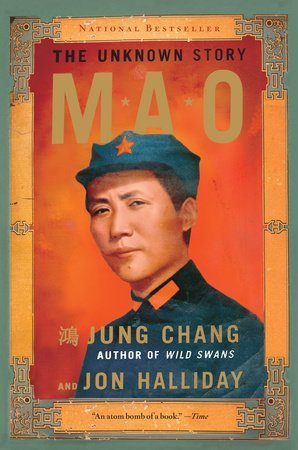

Mao
By Jung Chang and Jon Halliday
By Jung Chang and Jon Halliday
By Jung Chang and Jon Halliday
By Jung Chang and Jon Halliday
By Jung Chang and Jon Halliday
Read by Robertson Dean
By Jung Chang and Jon Halliday
Read by Robertson Dean

-
$25.00
Nov 14, 2006 | ISBN 9780679746324
-
Oct 05, 2011 | ISBN 9780307807137
-
Mar 07, 2006 | ISBN 9781415930076
1797 Minutes
Buy the Audiobook Download:
YOU MAY ALSO LIKE
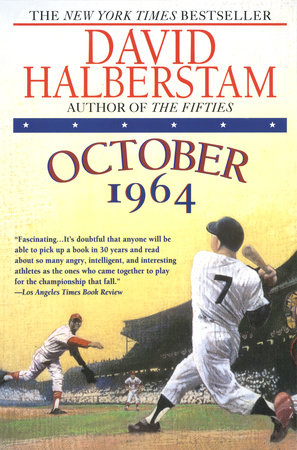
October 1964
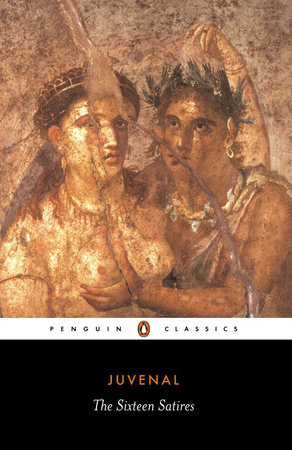
Sixteen Satires
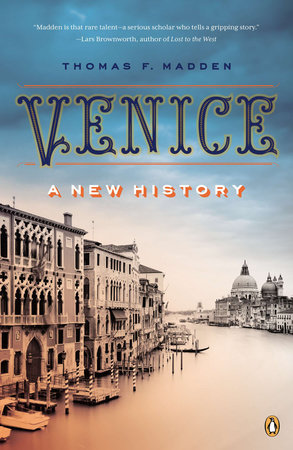
Venice
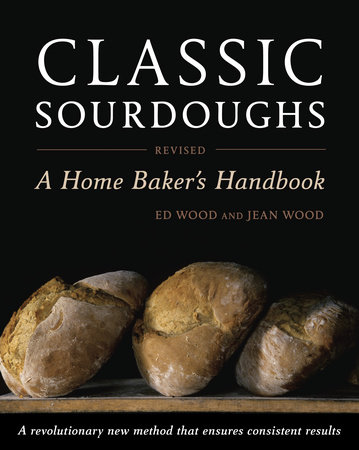
Classic Sourdoughs, Revised
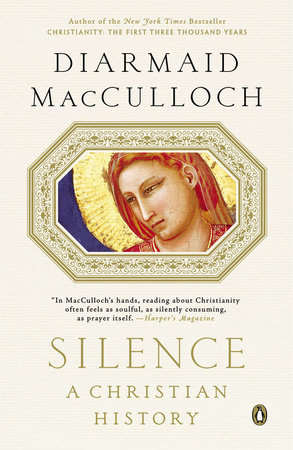
Silence
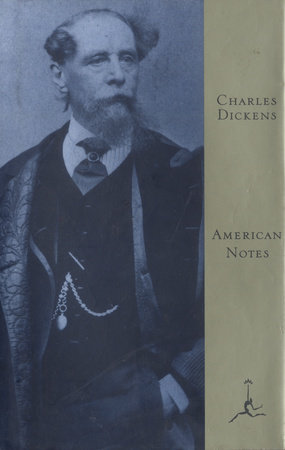
American Notes
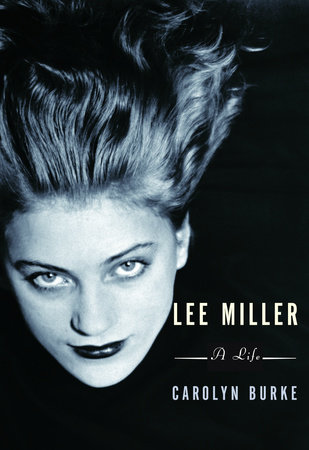
Lee Miller
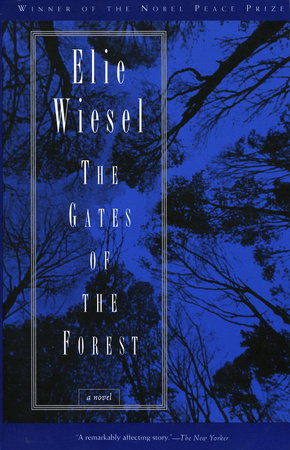
The Gates of the Forest
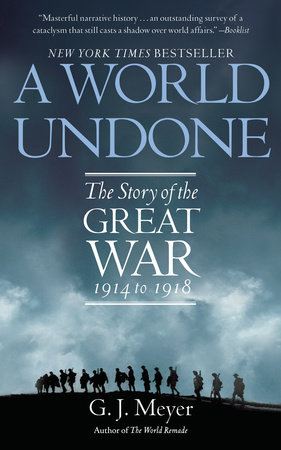
A World Undone
Praise
“An atom bomb of a book.” –Time
“A magisterial work. . . . This magnificent biography methodically demolishes every pillar of Mao’s claim to sympathy or legitimacy. . . . A triumph.” –The New York Times Book Review
“Chilling. . . . Impressive. . . . An extremely compelling portrait of Mao that will still shock many.” –The Christian Science Monitor
“An important book in ways not envisaged. . . . A work of unanswerable authority.” –The Seattle Post-Intelligencer
“The most complete and assiduously researched biography of its subject yet published. . . . No earlier work comes close to matching the density of detail here. . . . The authors have performed brilliant historical detective work.” –The Atlantic Monthly
"Chang and Halliday cast new and revealing light on nearly every episode in Mao’s tumultuous life…a stupendous work and one hopes that it will be brought before the Chinese people, who still claim to venerate the man and who have yet to come to terms with their own history…"-Michael Yahuda, The Guardian
"Jung Chang and Jon Halliday have not, in the whole of their narrative, a good word to say about Mao. In a normal biography, such an unequivocal denunciation would be both suspect and tedious. But the clear scholarship, and careful notes, of The Unknown Story provoke another reaction. Mao Tse-Tung’s evil, undoubted and well-documented, is unequalled throughout modern history."-Roy Hattersley, The Observer
"Ever since the spectacular success of Chang’s Wild Swans we have waited impatiently for her to complete with her husband this monumental study of China’s most notorious modern leader. The expectation has been that she would rewrite modern Chinese history. The wait has been worthwhile and the expectation justified. This is a bombshell of a book."-Chris Patten, last British governor of Hong Kong, in The Times
"A triumph. It is a mesmerising portrait of tyranny, degeneracy, mass murder and promiscuity, a barrage of revisionist bombshells, and a superb piece of research."
-Simon Sebag Montefiore, The Sunday Times
"Jung Chang and Jon Halliday enter a savage indictment drawing on a host of sources, including important Soviet ones, to blow away the miasma of deceit and ignorance which still shrouds Mao’s life from many Western eyes…Jung Chang delivers a cry of anguish on behalf of all of those in her native land who, to this day, are still not free to speak of these things."-Max Hastings, The Sunday Telegraph
"Demonstrating the same pitilessness that they judge to be Mao’s most formidable weapon, they unstitch the myths that sustained him in power for forty years and that continue to underpin China’s regime…I suspect that when China comes to terms with its past this book will have played a role."-Nicolas Shakespeare, Telegraph
"The detail and documentation are awesome. The story that they tell, mesmerising in its horror, is the most powerful, compelling, and revealing political biography of modern times. Few books are destined to change history, but this one will." -George Walden, Daily Mail
"decisive biography…they have investigated every aspect of his personal life and career, peeling back the layers of lies, myths, and what we used to think of as facts…what Chang and Halliday have done is immense and surpasses, as a biography, everything that has gone before."-Jonathan Mirsky, The Independent, Saturday
"written with the same deft hand that enlivened Ms. Chang’s 1991 memoir, ‘Wild Swans’…"-The Economist
Table Of Contents
List of Maps
Abbreviations and a Note About Spelling in the Text
PART ONE — Lukewarm Believer
1. On the Cusp from Ancient to Modern (1893–1911; age 1–17)
2. Becoming a Communist (1911–20; age 17–26)
3. Lukewarm Believer (1920–25; age 26–31)
4. Rise and Demise in the Nationalist Party (1925–27; age 31–33)
PART TWO — Long March to Supremacy in the Party
5. Hijacking a Red Force and Taking Over Bandit Land (1927–28; age 33–34)
6. Subjugating the Red Army Supremo (1928–30; age 34–36)
7. Takeover Leads to Death of Second Wife (1927–30; age 33–36)
8. Bloody Purge Paves the Way for “Chairman Mao” (1929–31; age 35–37)
9. Mao and the First Red State (1931–34; age 37–40)
10. Troublemaker to Figurehead (1931–34; age 37–40)
11. How Mao Got onto the Long March (1933–34; age 39–40)
12. Long March I: Chiang Lets the Reds Go (1934; age 40)
13. Long March II: The Power Behind the Throne (1934–35; age 40–41)
14. Long March III: Monopolising the Moscow Connection (1935; age 41)
PART THREE — Building His Power Base
15. The Timely Death of Mao’s Host (1935–36; age 41–42)
16. Chiang Kai-shek Kidnapped (1935–36; age 41–42)
17. A National Player (1936; age 42–43)
18. New Image, New Life and New Wife (1937–38; age 43–44)
19. Red Mole Triggers China–Japan War (1937–38; age 43–44)
20. Fight Rivals and Chiang—Not Japan (1937–40; age 43–46)
21. Most Desired Scenario: Stalin Carves Up China with Japan (1939–40; age 45–46)
22. Death Trap for His Own Men (1940–41; age 46–47)
23. Building a Power Base Through Terror (1941–45; age 47–51)
24. Uncowed Opponent Poisoned (1941–45; age 47–51)
25. Supreme Party Leader at Last (1942–45; age 48–51)
PART FOUR — To Conquer China
26. “Revolutionary Opium War” (1937–45; age 43–51)
27. The Russians Are Coming! (1945–46; age 51–52)
28. Saved by Washington (1944–47; age 50–53)
29. Moles, Betrayals and Poor Leadership Doom Chiang (1945–49; age 51–55)
30. China Conquered (1946–49; age 52–55)
31. Totalitarian State, Extravagant Lifestyle (1949–53; age 55–59)
PART FIVE — Chasing a Superpower Dream
32. Rivalry with Stalin (1947–49; age 53–55)
33. Two Tyrants Wrestle (1949–50; age 55–56)
34. Why Mao and Stalin Started the Korean War (1949–50; age 55–56)
35. Mao Milks the Korean War (1950–53; age 56–59)
36. Launching the Secret Superpower Programme (1953–54; age 59–60)
37. War on Peasants (1953–56; age 59–62)
38. Undermining Khrushchev (1956–59; age 62–65)
39. Killing the “Hundred Flowers” (1957–58; age 63–64)
40. The Great Leap: “Half of China May Well Have to Die” (1958–61; age 64–67)
41. Defence Minister Peng’s Lonely Battle (1958–59; age 64–65)
42. The Tibetans Rebel (1950–61; age 56–67)
43. Maoism Goes Global (1959–64; age 65–70)
44. Ambushed by the President (1961–62; age 67–68)
45. The Bomb (1962–64; age 68–70)
46. A Time of Uncertainty and Setbacks (1962–65; age 68–71)
PART SIX — Unsweet Revenge
47. A Horse-Trade Secures the Cultural Revolution (1965–66; age 71–72)
48. The Great Purge (1966–67; age 72–73)
49. Unsweet Revenge (1966–74; age 72–80)
50. The Chairman’s New Outfit (1967–70; age 73–76)
51. A War Scare (1969–71; age 75–77)
52. Falling Out with Lin Biao (1970–71; age 76–77)
53. Maoism Falls Flat on the World Stage (1966–70; age 72–76)
54. Nixon: the Red-Baiter Baited (1970–73; age 76–79)
55. The Boss Denies Chou Cancer Treatment (1972–74; age 78–80)
56. Mme Mao in the Cultural Revolution (1966–75; age 72–81)
57. Enfeebled Mao Hedges His Bets (1973–76; age 79–82)
58. Last Days (1974–76; age 80–82)
Epilogue
Acknowledgements
List of Interviewees
Archives Consulted
Notes
Bibliography of Chinese-Language Sources
Bibliography of Non-Chinese-Language Sources
Index
21 Books You’ve Been Meaning to Read
Just for joining you’ll get personalized recommendations on your dashboard daily and features only for members.
Find Out More Join Now Sign In








